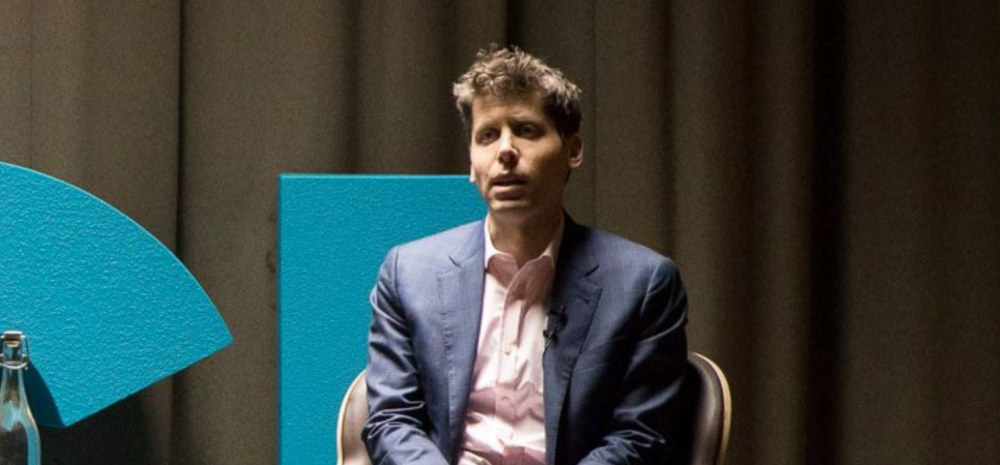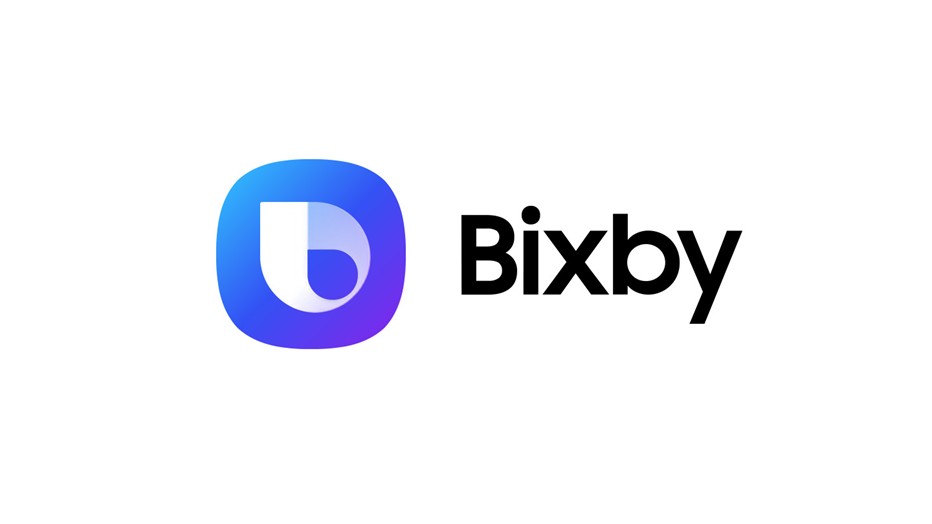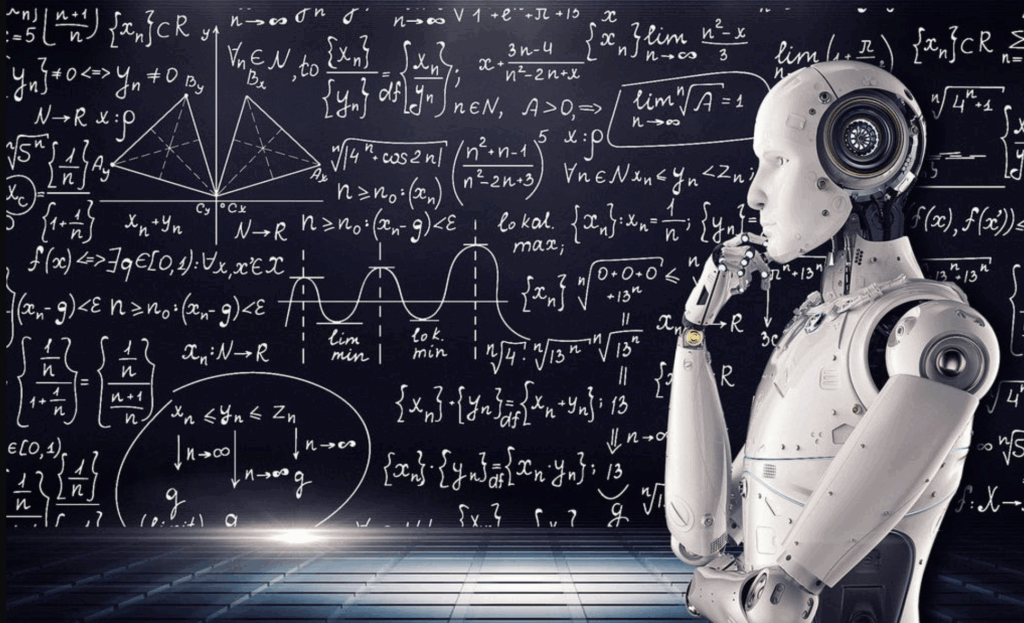The New York Times sued OpenAI and Microsoft on Wednesday, accusing them of using millions of the newspaper’s articles without permission to help train artificial intelligence technologies.

Landmark Lawsuit – The New York Times Takes Legal Action Against OpenAI and Microsoft Over Copyright Infringement
The Times said it is the first major U.S. media organization to sue OpenAI and Microsoft, which created ChatGPT and other AI platforms, over copyright issues.
Defendants seek to free-ride on The Times’s massive investment in its journalism by using it to build substitutive products without permission or payment, according to the complaint filed in Manhattan federal court.
The Times is not seeking a specific amount of damages, but said it believes OpenAI and Microsoft have caused billions of dollars in damages for illegally copying and using its works.
OpenAI and Microsoft did not immediately respond to requests for comment.
Legal Consequences – Copyright Violation and Damages in AI Training with Newspaper Articles
Using millions of newspaper articles without permission for AI training is deemed illegal due to copyright violation, infringing on intellectual property rights held by newspapers and journalists. The lack of proper authorization or licensing from The New York Times constitutes a breach of copyright law. Creating derivative works without permission, along with claims of “billions of dollars” in damages and potential economic impact, forms the basis of legal actions filed by content creators to protect their rights and seek remedies for copyright infringement. The outcome depends on specific facts, laws, and defenses.
OpenAI, established in December 2015, is a prominent AI research lab with both for-profit and non-profit entities. Founded by tech leaders including Elon Musk and Sam Altman, OpenAI’s mission is to advance digital intelligence for humanity’s benefit, ensuring the safe development and widespread distribution of artificial general intelligence (AGI). The lab conducts cutting-edge AI research, particularly in natural language processing and reinforcement learning. Notable contributions include the development of influential models like GPT-3, part of the Generative Pre-trained Transformer series. OpenAI is committed to ethical AI, emphasizing safety and broad accessibility. For the latest updates, checking OpenAI’s official sources is recommended.













